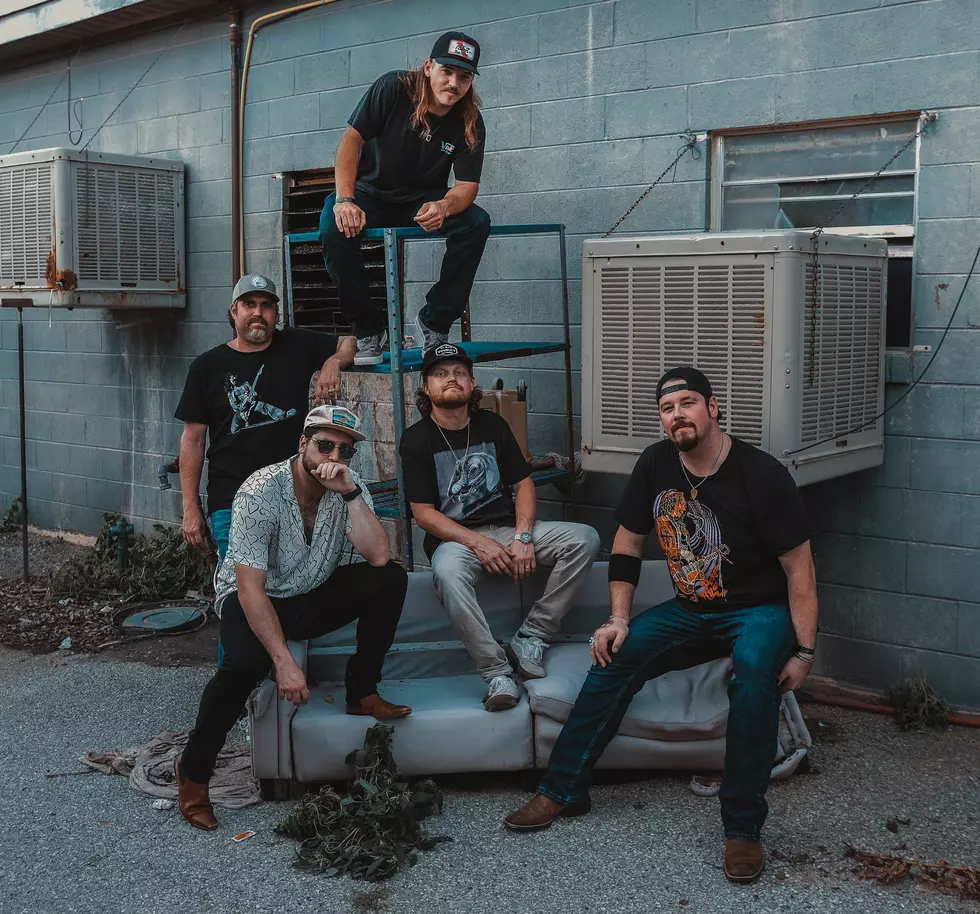
The Life of a REAL Nightclub DJ (Part 1 of 4): Resident DJ?
Let me tell you about Big Huck at Night.
For those of you that don't know, I have been a DJ for over 10 years and most recently (as of early 2015) I am the resident DJ at Rockin' Rodeo in Midland. Before that I have worked in several nightclubs dj'ing on and off and have picked up a few things that I love about dj'ing in clubs and a few things that peeve me about my job. This is not to say that all nightclub DJs have the same experiences that I do, but I would like to point out the differences between an on the road performing DJ like Laidback Luke, Tiesto, or even Skrillex, who sign a contract and get paid per gig, and myself, a resident DJ that gets paid salary or shift pay. Even though I am going to be critical in my blogs of patrons, other DJs, and maybe even management, I love my job and most of the time I am a happy go lucky Big Huck while I am on the decks. If I didn't love people and wasn't able to practice customer service I would not be as respected as I am and most likely I would not have a job. So keep in mind, I am telling you all of this so the next time you wonder why I can't play your song next at the club, that I told you in these blogs.I'm not telling you this to upset you or to make you feel like I don't play requests (which I will have an entire post about this). I DO play as many requests that I can get to, and I'm human and don't always remember to play every one of them. That being said READ ON!
What is the difference between a Resident DJ and a Gig based DJ/Producer?
Luckily I have never had to be a Gig based DJ. My company has helped me become the DJ I am even though I started dj'ing at 16. My first gig dj'ing was with a small reception hall that included the DJ in with their wedding and event packages back in my hometown of New Orleans. I loved working there so much that I even ventured off into doing small house parties and even some high school dances. Years later I got hired as a floor guy at one of the Graham Companies clubs and started dj'ing before the main DJs got there. After they shuttered that club in Del Rio, I was asked to go on the road as a Sound and Lighting Tech, making sure the sound systems and lights of all their clubs were up to par and sounded/looked good. Early 2015 is when I started at Rockin' dj'ing five nights a week, which in the Gig DJ world is kinda crazy.
A Resident DJ is in the club nightly making sure all of the regulars (especially at country night clubs) are happy and dancing the night away. Gig DJs are hired on to bring their flair to the club every once and a while. While a Resident DJ might bring the crowd in on a nightly basis, Gig DJs bring the crowd (possibly more in numbers) that they cater to and play their music without taking many (if any) requests through the night.
More often than not you will find that Resident DJs do not have the capability to add music to their libraries. Whether this is because the club owner wishes to keep a tab on the music or for some other reason, but it all boils down to the fact that nightclubs have to license the music that they play. When you play music to the public, you must pay a royalty fee for each song that you play to the licensing authority as well as prove that you own that song or got it through a distributor. So whenever someone asks a DJ if they can play a song off YouTube or Spotify, the DJ could get in serious legal trouble if they do. Gig DJs should also pay a licensing fee but it may be though a pool service that includes the license. Never the less, everyone has to get paid in the end.
I know this blog was a bit long winded, but I hope you now understand the differences of someone who plays nightly at a club and someone who is brought in for a gig. In the next blog I'm going to talk about requests and etiquette when asking for a song that you really want played. Look for it next Friday right here on Lonestar92.com!

